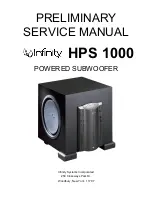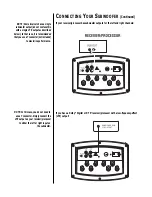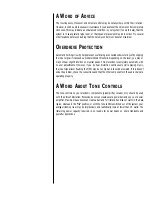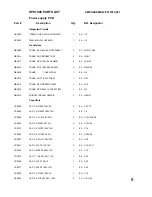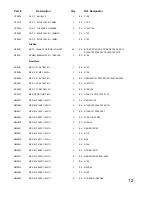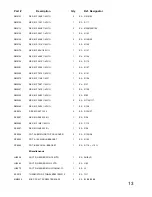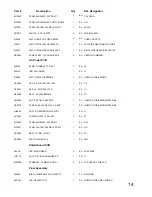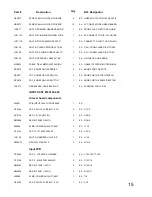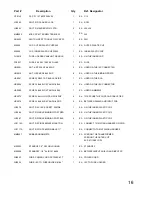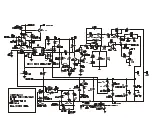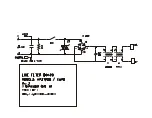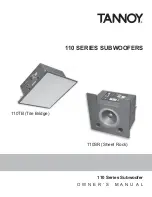
A W
ORD OF
A
DVICE
The low-frequency Crossover and Volume controls may be set anywhere within their rotation.
However, it will be a most unusual circumstance if you have to set the Volume control completely
clockwise. This may indicate an unbalanced condition in your system (too much bass), that the
system is in an especially large room, or that speaker placement may be incorrect. Try several
other locations before concluding that the Volume control must be set at maximum.
O
VERDRIVE
P
ROTECTION
Automatic limiting circuitry helps prevent overdriving a connected subwoofer by softly clipping
the input signal if it exceeds a predetermined threshold. Depending on the level, you may or
may not hear slight distortion on musical peaks. This protection is completely automatic, with
no user adjustments. However, if you do hear distortion continuously while playing music,
the input signal level (feeding the HPS) may be too high and should be lowered. If this doesn’t
solve the problem, check the connections and that the other components in the audio chain are
operating properly.
A W
ORD
A
BOUT
T
ONE
C
ONTROLS
The tone controls on your electronic components (preamplifier, receiver, etc.) should be used
with the utmost discretion. Excessive boost can create severe power demands on your power
amplifier. Maximum bass boost can create a demand for literally hundreds of watts in the bass
region, whereas in the “flat” position, or with the tone controls switched out of the system, your
average listening level may be impressively and realistically loud at fewer than 10 watts. The
remaining power capacity required is on reserve for power peaks on sharp transients and
powerful crescendos.

